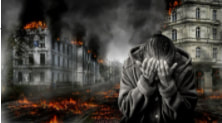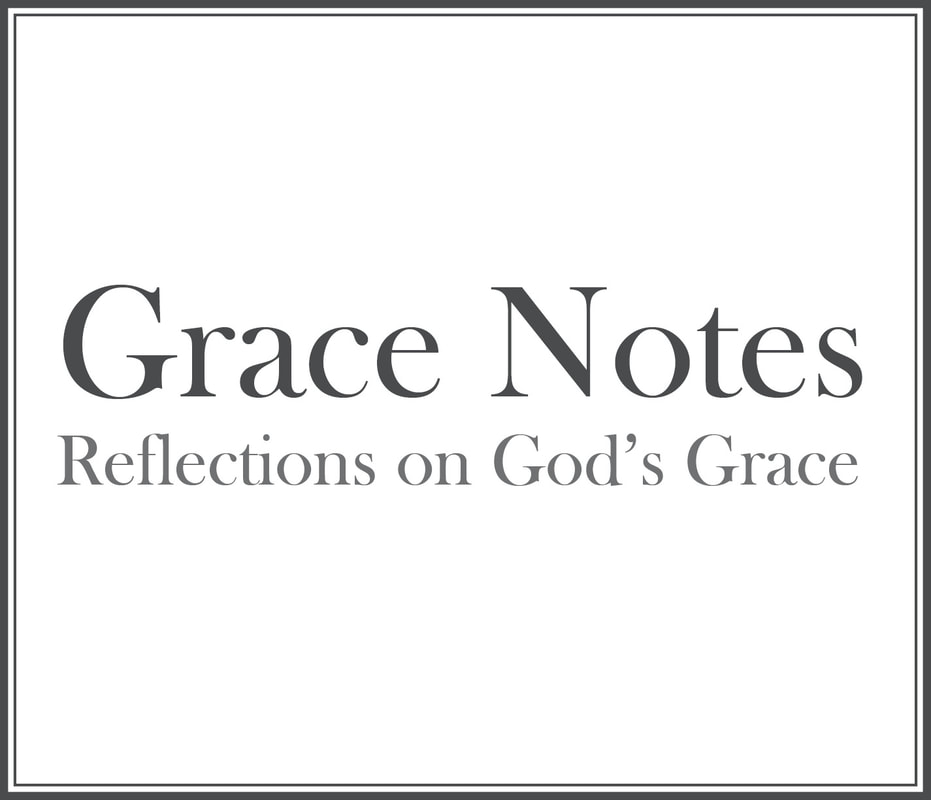 One of the results of the long night of the Covid-19 pandemic is the way it has accelerated trends that have afflicted our society for a long time. In the church, for instance, any reluctance to embrace technology that connected people virtually was swept away by the necessity to connect when we could not gather. The long-term trend of waning involvement in religious life went into high gear as the pandemic offered the perfect motivation to end the habit of weekly worship or other involvement in the congregation. For my whole lifetime, which began in the 1960’s, the authority and influence of institutions like church, government, and academia have eroded. The pandemic has shown us that even things like science and public health voices are less trusted than ever. In the 1960’s, the counterculture sought to break free from “the Man.” In the 1980’s, “the Man” brought that counterculture into the mainstream as anti-government attitudes and the mistrust of everyone settled into the government itself.
The result of this collapse of values, standards, communal expressions of solidarity is a sense of chaos. The pandemic accelerated and heightened all of this – which is why we are frazzled and desperate. We are suffering from what sociologist Emil Durkheim called anomie. Chaos, instability, a sense of being lost or rudderless is all part of anomie. Individuals experience greater degrees of fear and anxiety which leads to mental health issues and the loss of meaning and purpose. Even striving for the better seems hopeless. The pandemic did not cause all this – but it sure did magnify the problems. The deepening divisions in our culture are a symptom of anomie because no one is to be trusted and every answer is suspect. Only those ideas that resonate with my own feel safe. The violence of the society is anomie, an expression of the fear that we have no real reason not to let our anger and bitterness boil over. We are each judge and jury over our lives. We have become a people who trust nothing and no one, except maybe our own little tribe. We have become a people who are pretty sure that we are all headed for the destruction of everything that matters. So, why care? Why try? Why? So, why is a pastor writing about this? Paul writes, “And now faith, hope, and love abide, these three; and the greatest of these is love.” (1 Corinthians 13:13) The way to treat our anomie is to embrace the very things we are rejecting all the time. Faith is a radical trust in something beyond us. That thing is found in and through Jesus Christ and his people. The faithful resist the cultural temptation to write the community of the faithful (the Church) off as one more failed institution and instead find the connections we need to be more than ourselves - together. Hope in Jesus Christ is not wishful thinking. It is a real force rooted in the cross (which melds God with all our suffering) and resurrection (which is a beacon of life and light). While all else seems to be circling the drain of history right now, the hope found in Christ has, is, and will manifest life and renewal. Love, the greatest of these, is the power to embrace and transform the brokenness of the world around us. While many nurture division, love seeks reconciliation. Where violence is practiced, love can bring healing. Love is the power of God brought to bear on the anomie of the world bringing healing, meaning, purpose and something that transcends our fear and hopelessness. That is why this pastor reflects on such things. The world is dying of anomie. Christ, through Christ’s people can heal and bring life. Resist the trends. Embrace the faith, hope, and love of Christ. Pax Christi, Tim Olson – Lead Pastor
0 Comments
Leave a Reply. |
Categories
All
Archives
July 2024
|


 RSS Feed
RSS Feed

